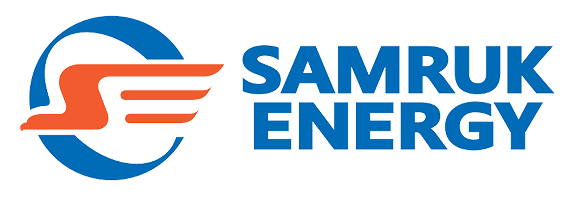TCFD index
| Indicator | Sections of the Report |
|---|---|
| Governance | |
| a. Describe the Board’s oversight of climate-related risks and opportunities. | Board of Directors |
| b. Describe management’s role in assessing and managing climate-related risks and opportunities. | Role of the executive body |
| Strategy | |
| a. Describe the climate-related risks and opportunities the organization has identified over the short, medium, and long term. | Samruk-Energy JSC Energy Transition Program until 2060 |
| b. Describe the impact of climate-related risks and opportunities on the organization’s businesses, strategy, and financial planning. | Samruk-Energy JSC Energy Transition Program until 2060 Climate risks and opportunities |
| c. Describe the resilience of the organization’s strategy, taking into consideration different climate-related scenarios, including a 2°C or lower scenario. | Samruk-Energy JSC Energy Transition Program until 2060 Climate change strategy |
| Risk management | |
| a. Describe the organization’s processes for identifying and assessing climate-related risks. | Climate risks and opportunities Risk management |
| b. Describe the organization’s processes for managing climate-related risks. | Risk management activities |
| c. Describe how processes for identifying, assessing, and managing climate-related risks are integrated into the organization’s overall risk management. | Risk management |
| Metrics and targets | |
| a. Describe the metrics used by the organization to assess climate-related risks and opportunities in line with its strategy and risk management process. | Climate change performance results |
| b. Disclose Scope 1, Scope 2, and, if appropriate, Scope 3 greenhouse gas (GHG) emissions, and the related risks. | Greenhouse gas emissions |
| c. Describe the targets used by the organization to manage climate-related risks and opportunities and performance against targets. | Climate change performance results |
